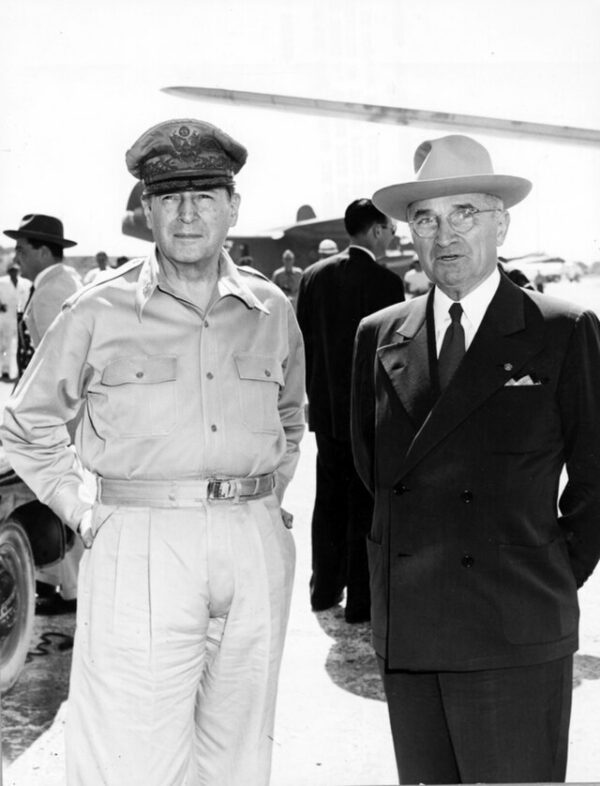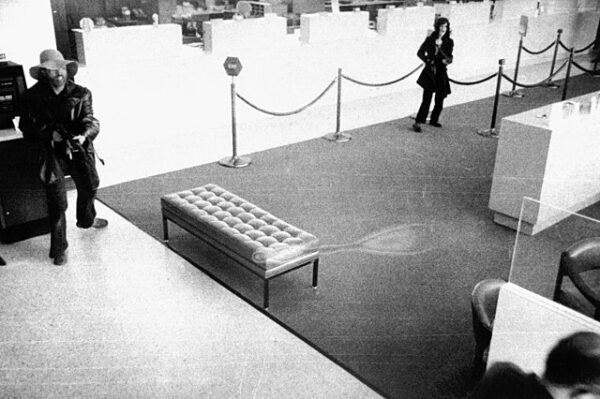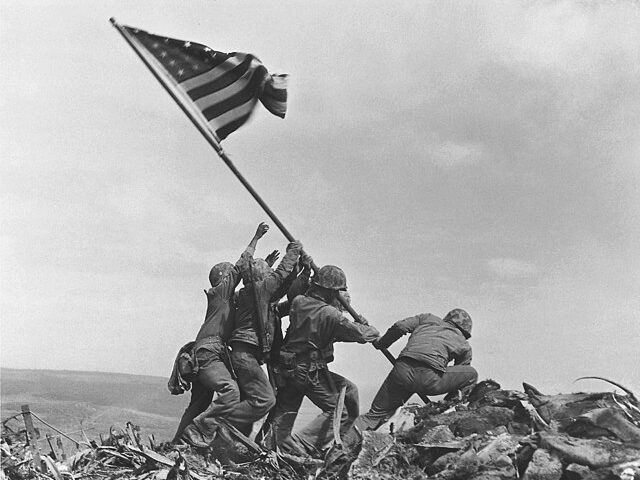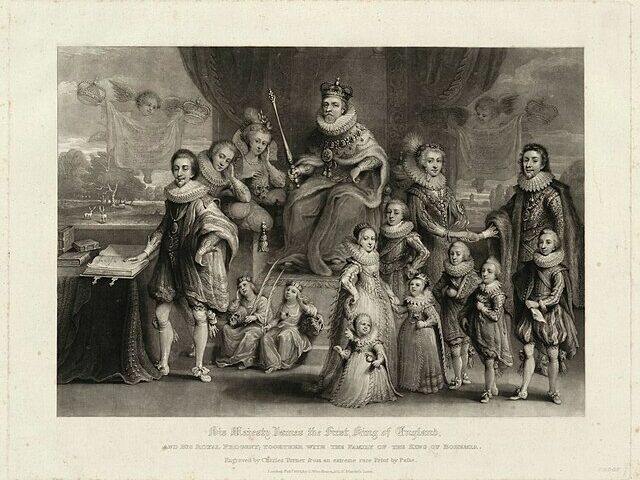On April 11, 1951, President Harry S. Truman made one of the most significant—and hotly debated—decisions of his presidency: he dismissed General Douglas MacArthur from his command of American forces in Korea and Japan. The announcement stunned the American public and ignited fierce political controversy. Yet for Truman, it was a necessary stand to preserve civilian authority over the military and uphold his broader Cold War policy of limited war.
General MacArthur, a revered five-star general and World War II icon, had led U.S. forces in the Pacific since 1941. When North Korea invaded South Korea in June 1950, triggering the Korean War, MacArthur was appointed commander of United Nations forces to repel the communist offensive. Initially, his strategy delivered swift and dramatic victories. After defending the Pusan Perimeter, MacArthur executed a bold amphibious assault at Inchon in September 1950, reversing the course of the war and forcing North Korean troops back beyond the 38th parallel. By October, U.N. forces were deep inside North Korea, aiming to reunify the peninsula under South Korean rule.
However, MacArthur’s ambitions for total conquest led to strategic miscalculations. As his forces neared the Yalu River—the boundary with communist China—Beijing issued stern warnings. MacArthur ignored them. In November, vast numbers of Chinese troops surged into Korea, inflicting heavy casualties and forcing U.N. forces into retreat. This devastating counteroffensive underscored the dangers of MacArthur’s overreach.
In the aftermath, MacArthur repeatedly clashed with the Truman administration over war policy. While Truman and his advisors sought a limited conflict focused on restoring the prewar boundary, MacArthur advocated for expanding the war into China. He proposed bombing Chinese territory, blockading its coastline, and even entertained the use of nuclear weapons. More troublingly, MacArthur publicly contradicted Truman’s policies, making statements and writing letters—including one read in Congress—that directly challenged presidential authority.
For Truman, this amounted to insubordination and a direct threat to the foundational principle of civilian control of the military. As he later wrote in his memoirs, “If I allowed him to defy the civil authorities in this manner, I would be violating my oath to uphold the Constitution.” Truman also feared that expanding the war into China could provoke Soviet involvement, risking a global nuclear conflict.
The breaking point came in early April 1951, when MacArthur sent a letter to Republican House Minority Leader Joseph Martin, openly criticizing the administration’s policy of limited war with the phrase, “There is no substitute for victory.” When this letter was read publicly in Congress, Truman had no choice but to act.
On April 11, 1951, Truman relieved MacArthur of his duties and named General Matthew Ridgway as his successor. The public response was immediate and intense. MacArthur received a hero’s welcome upon returning to the U.S. and addressed Congress with the now-iconic line, “Old soldiers never die; they just fade away.” Truman, meanwhile, faced scathing criticism and saw his approval ratings plummet. However, over time, many Americans came to view his decision as a courageous stand for constitutional principles and a vital move to prevent the Korean War from escalating into World War III.
The MacArthur episode laid bare the deep tensions within U.S. foreign policy during the Cold War. It sparked a national debate about the role of military power in a nuclear age and the need to reconcile ideological goals with geopolitical limitations. While MacArthur pushed for unrestrained victory, Truman held firm to a strategy of containment and stability—an approach that would define U.S. Cold War policy for decades. In dismissing the general, Truman sent a clear message: in a democracy, military leaders serve under elected civilian authorities.






